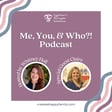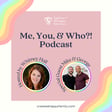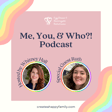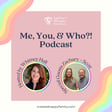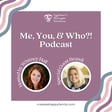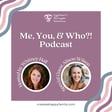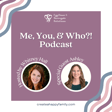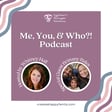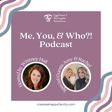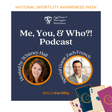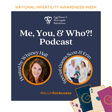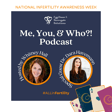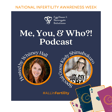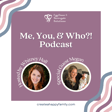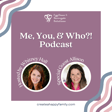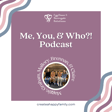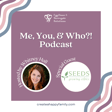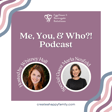
S3E4 Who?! Navigating Fertility After Cancer
Summary
In this powerful episode, Erin shares her personal story of resilience as she navigated leukemia and its impact on her fertility. She candidly discusses the challenges she faced during her cancer treatment, the emotional complexities of egg donation, and the critical role of advocacy in oncology. Erin emphasizes the importance of preventative care and highlights valuable resources available to women facing similar health journeys. Her story is a beacon of hope and a call to action for women to prioritize their health and explore their options, even in the face of adversity.
Takeaways
-Erin had leukemia at a young age, impacting her fertility options.
-The technology for egg freezing has significantly improved over the years.
-Ongoing conversations about fertility are crucial for young adults with cancer.
-Understanding the financial and logistical aspects of egg donation is essential.
-Advocacy for fertility preservation is important in oncology care.
-Preventative care, including regular GYN visits, is vital for women's health.
-The HPV vaccine is a significant advancement in preventing cervical cancer.
-Patients should feel empowered to ask questions during medical appointments.
-Building a supportive healthcare team is crucial for navigating fertility issues.
-Keeping an open mind during the egg donation process can lead to better outcomes.
Links
